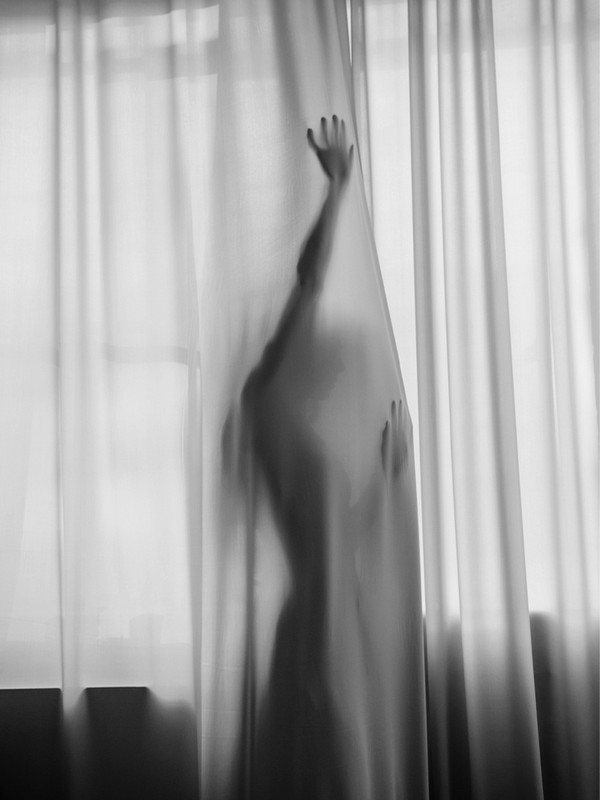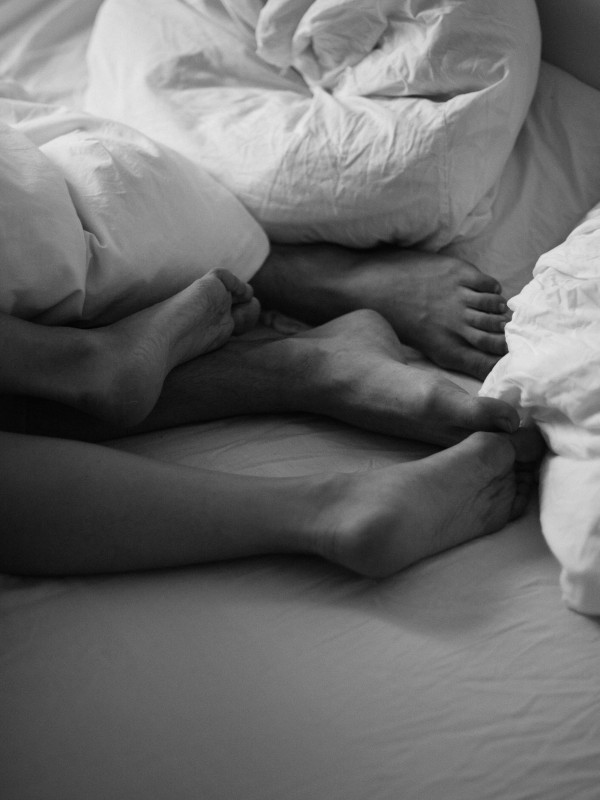What Is Gaslighting?
What is gaslighting?
The term is used to describe a form of emotional abuse where one person is slowly manipulated into thinking they’re going mad by their partner. Sometimes the gaslighter might question how their victim remembers certain events, or pretend they don’t understand what their victim is talking about when they express their fears. Perfectly rational worries expressed by the victim are often dismissed as crazy, stupid or oversensitive. The idea is that the abuser makes their victim question their own judgement, reducing their self-esteem and making them dependent on them.
The National Domestic Violence hotline categorises gaslighting as:
Withholding: The abusive partner pretends not to understand or refuses to listen. “I don’t want to hear this again,” or “You’re trying to confuse me.”
Countering: The abusive partner questions the victim’s memory of events, even when the victim can recall the details accurately. “You’re wrong, you never remember things correctly.”
Blocking/Diverting: The abusive partner changes the subject and/or questions the victim’s thoughts: “Is that another crazy idea you got from [friend/family member]?” or “You’re imagining things.”
Trivializing: The abusive partner makes the victim’s needs or feelings seem unimportant. “You’re going to get angry over a little thing like that?” or “You’re too sensitive.”
Forgetting/Denial: The abusive partner pretends to have forgotten what actually occurred or denies things like promises made to the victim. “I don’t know what you’re talking about,” or “You’re just making stuff up.”
Where does the term come from?
It originated from the 1938 play (and subsequent 1944 film adaptation) Gaslight, in which a husband gradually manipulates his wife into believing she’s lost her mind in order to steal her family fortune. Part of his abusive tactics include turning the gaslights in their home on and off repeatedly, so they appear to flicker – then convincing his wife she’s imagining it and must be losing her sanity.
Is this the first time gaslighting has made the headlines?
No, it’s not – the term was used earlier this year when Love Island contestant Adam Collard was accused by domestic abuse charity Women’s Aid of gaslighting fellow contestant Rosie Williams, with whom he was partnered. After Williams accused Collard of ignoring her in favour of a new female contestant, he suggested Williams was overreacting and that her jealousy had “pushed him away”.
At the time, the Chief Executive of Women’s Aid, Katie Ghose, released a statement about Collard’s behaviour: “On the latest series of Love Island, there are clear warning signs in Adam’s behaviour. In a relationship, a partner questioning your memory of events, trivialising your thoughts or feelings, and turning things around to blame you can be part of a pattern of gaslighting and emotional abuse.”
She continued: “Rosie called out Adam’s unacceptable behaviour on the show. We ask viewers to join her in recognising unhealthy behaviour in relationships and speaking out against all forms of domestic abuse – emotional as well as physical. It is only when we make a stand together against abuse in relationships that we will see attitudes change and an end to domestic abuse.”
As Women’s Aid state, gaslighting is rarely a one-time occurrence and is often part of a pattern of abuse. Reading Humphries’ statement, this appears to be the case with Walsh: “I was alone at home when Sean texted at 10pm saying the two of them were going for one innocent drink. We spoke and I told him, not for the first time, that his actions over the past three weeks had led me to believe something inappropriate was going on,” she wrote on Twitter. “He aggressively, and repeatedly, called me a psycho/nuts /mental. As he has done countless times throughout our relationship when I’ve questioned his inappropriate, hurtful behaviour.”
As the pictures of Walsh kissing his Strictly dance partner show, Humphries wasn’t wrong to question him. In light of the scandal, and despite the hurt, she said she now feels “free”, and no longer “worthless and trapped” in their relationship.
As she also stressed, if you feel as though you’re being gaslighted, it’s important to do something about it: “Believe in yourself and your instinct. It’s more than lying. It’s controlling.”
To find out more about gaslighting or emotional abuse, visit WomensAid.org.uk or Refuge.org.uk
DISCLAIMER: We endeavour to always credit the correct original source of every image we use. If you think a credit may be incorrect, please contact us at info@sheerluxe.com.






